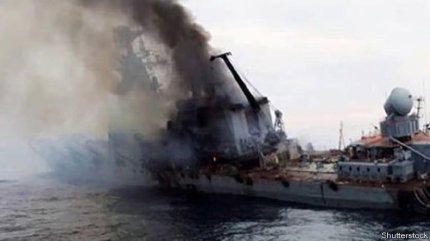Russian troops launched an artillery strike on Kupyansk on the afternoon of March 31. There were casualties as a result of the shelling.
Points of attention
- Russian troops launched an artillery strike on Kupyansk on March 31, resulting in casualties among civilians.
- Multiple launch rocket system (MLRS) was used in the city, causing injuries to a 63-year-old man and a 35-year-old woman.
- The attacks in Kupyansk have been ongoing, with previous strikes causing casualties and damage to civilian properties.
Russia shelled Kupyansk with MLRS
The enemy carried out a missile strike on Kupyansk using a multiple launch rocket system.
This was reported by the head of the Kharkiv OVA, Oleg Synegubov.
Previously, two people received injuries of varying severity: a 63-year-old man and a 35-year-old woman.
We will remind you that on March 30, Russian occupiers struck the center of Kupyansk, Kharkiv region, with a guided bomb. There were casualties as a result of the attack.
In addition, on the evening of March 29, Russian occupiers also shelled Kupyansk. As a result of the strikes, a private house and an outbuilding covering an area of 70 square meters caught fire. At least a 54-year-old woman and a 55-year-old man were injured.












